18 GPTs for Legal Document Drafting Powered by AI for Free of 2026
AI GPTs for Legal Document Drafting are advanced machine learning models, specifically Generative Pre-trained Transformers, that have been adapted to assist in the creation and modification of legal documents. These tools leverage natural language processing capabilities to understand, generate, and tailor legal texts. They are relevant for automating and optimizing the drafting process, reducing manual effort and enhancing accuracy in legal documentation.
Top 10 GPTs for Legal Document Drafting are: AI Lawyer,中国法律助手,Contract Generator,Super Legal Writer,US Immigration GPT,智法通,My Lawyer,AbogadoGPT,Meu Gerador de Petição Inicial,Law & Order
AI Lawyer
Streamlining Legal Research with AI
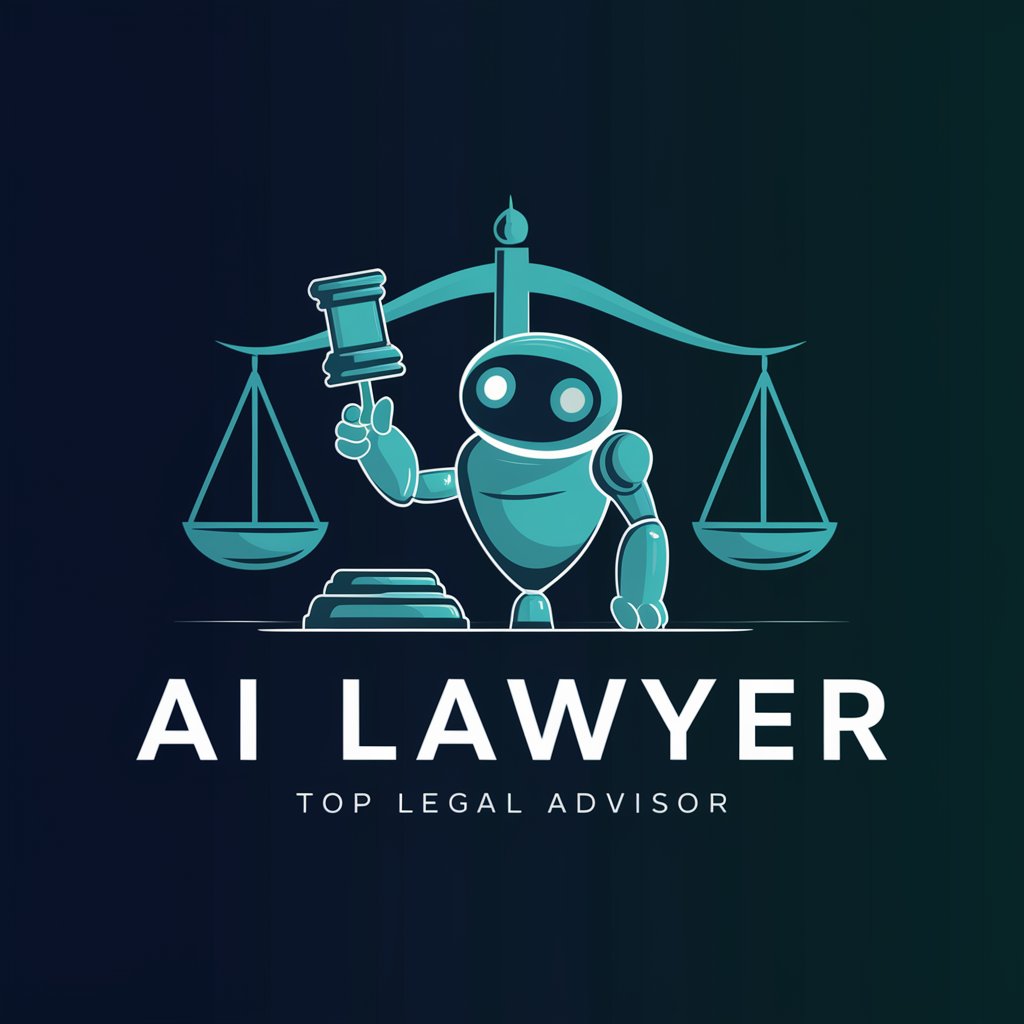
中国法律助手
AI-Powered Legal Support at Your Fingertips
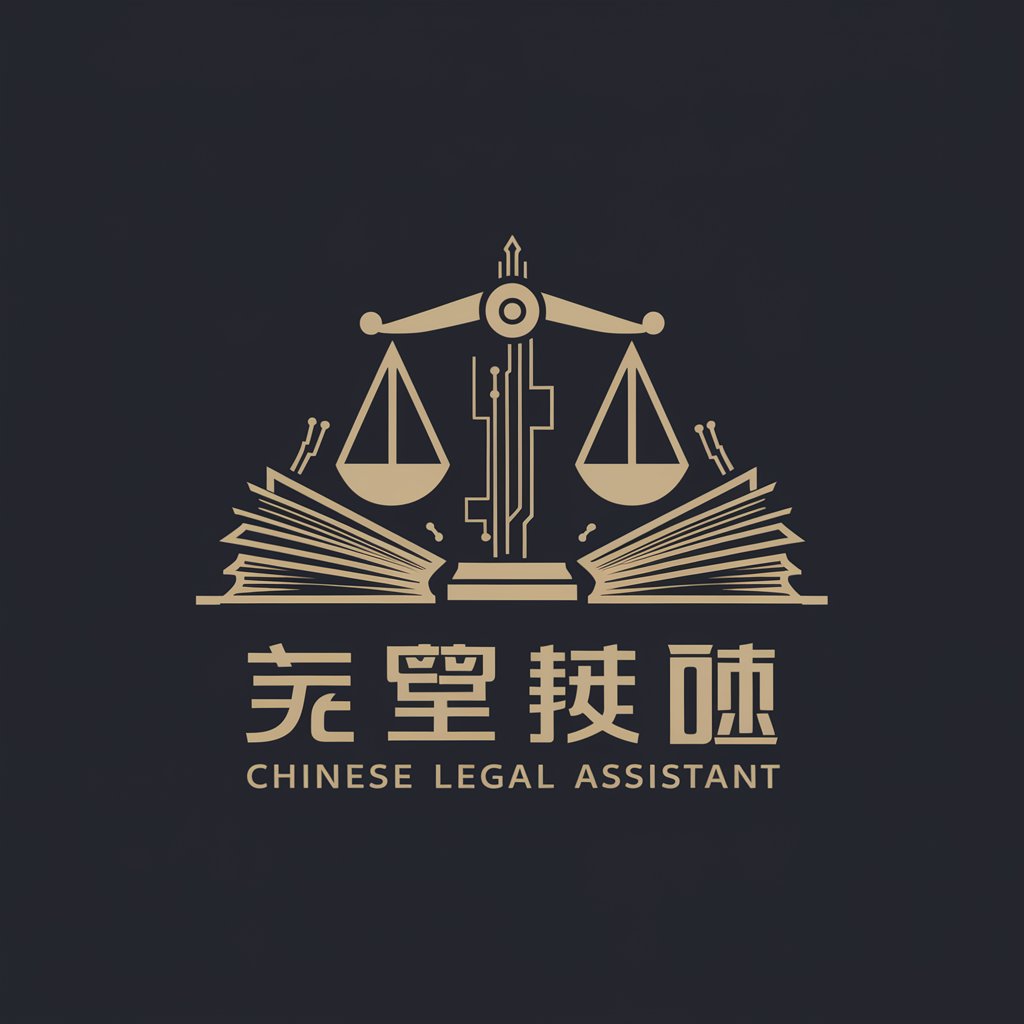
Contract Generator
AI-Powered Contract Drafting Simplified

Super Legal Writer
Enhancing Legal Expertise with AI Power

US Immigration GPT
Streamlining Immigration with AI Expertise
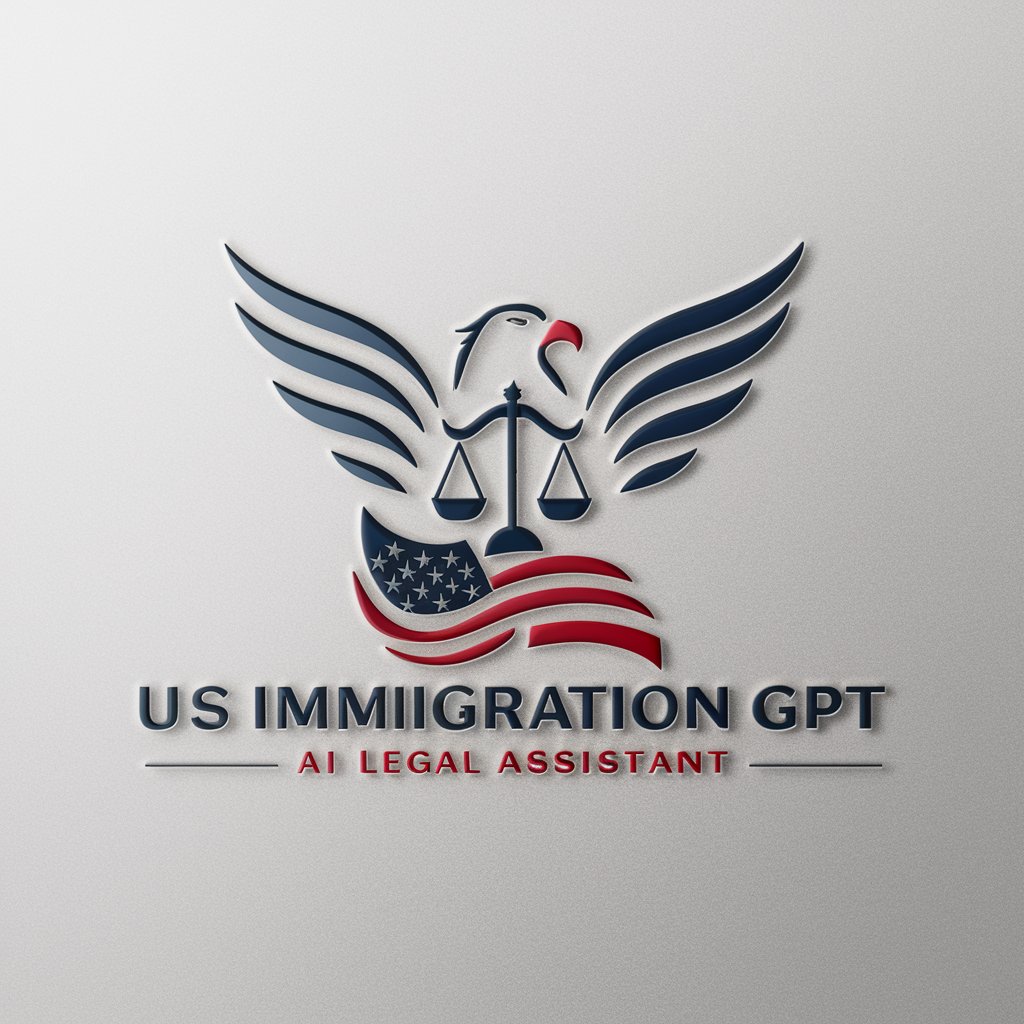
智法通
Your AI Partner in Chinese Law
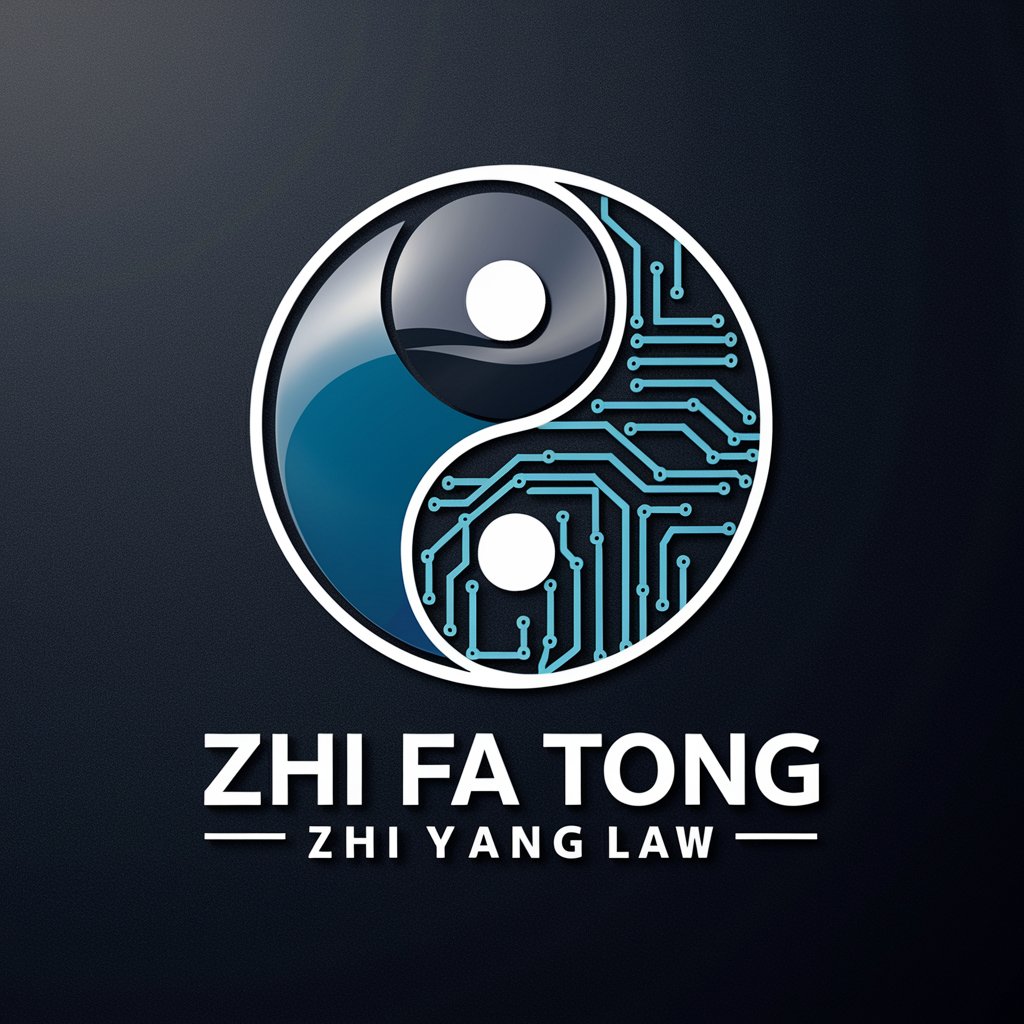
My Lawyer
Empowering Legal Decisions with AI Insight
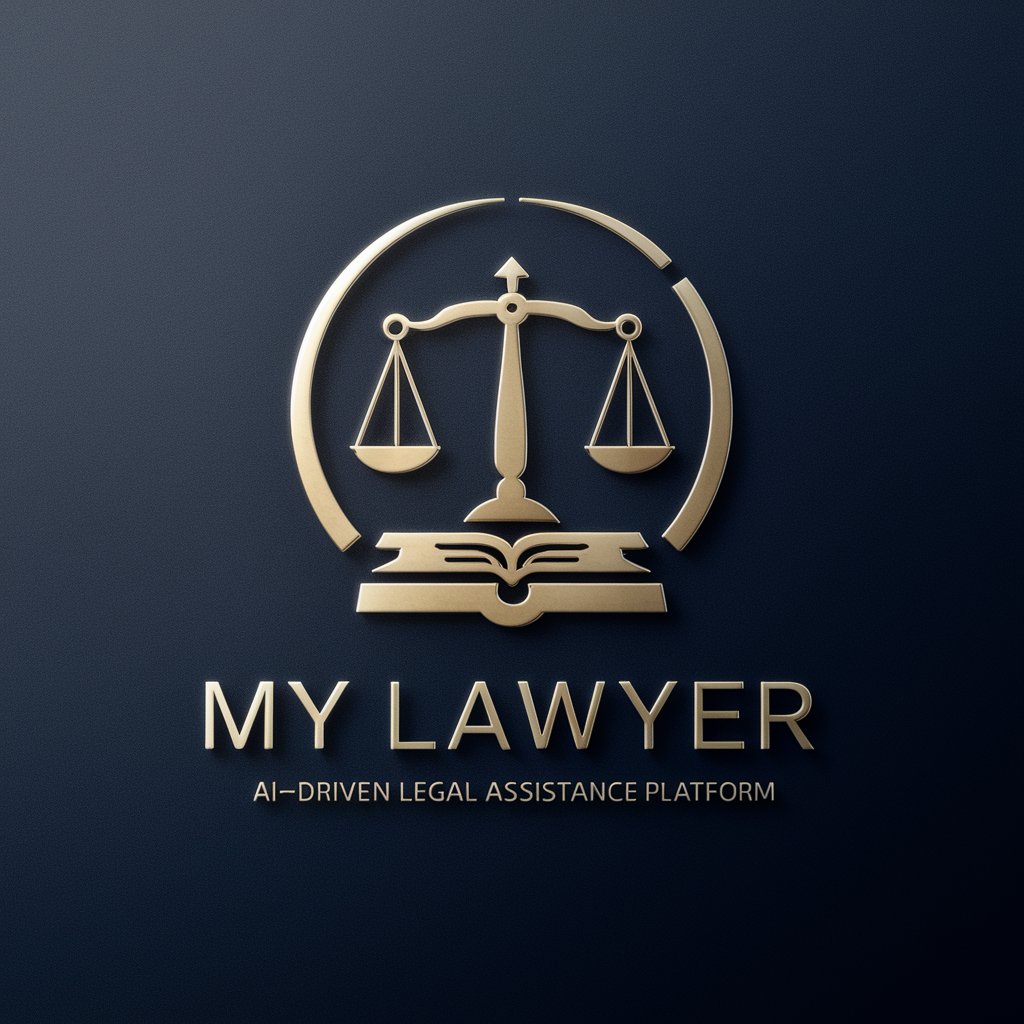
AbogadoGPT
Your AI-Powered Spanish Legal Assistant

Meu Gerador de Petição Inicial
Streamlining Legal Petitions with AI Precision
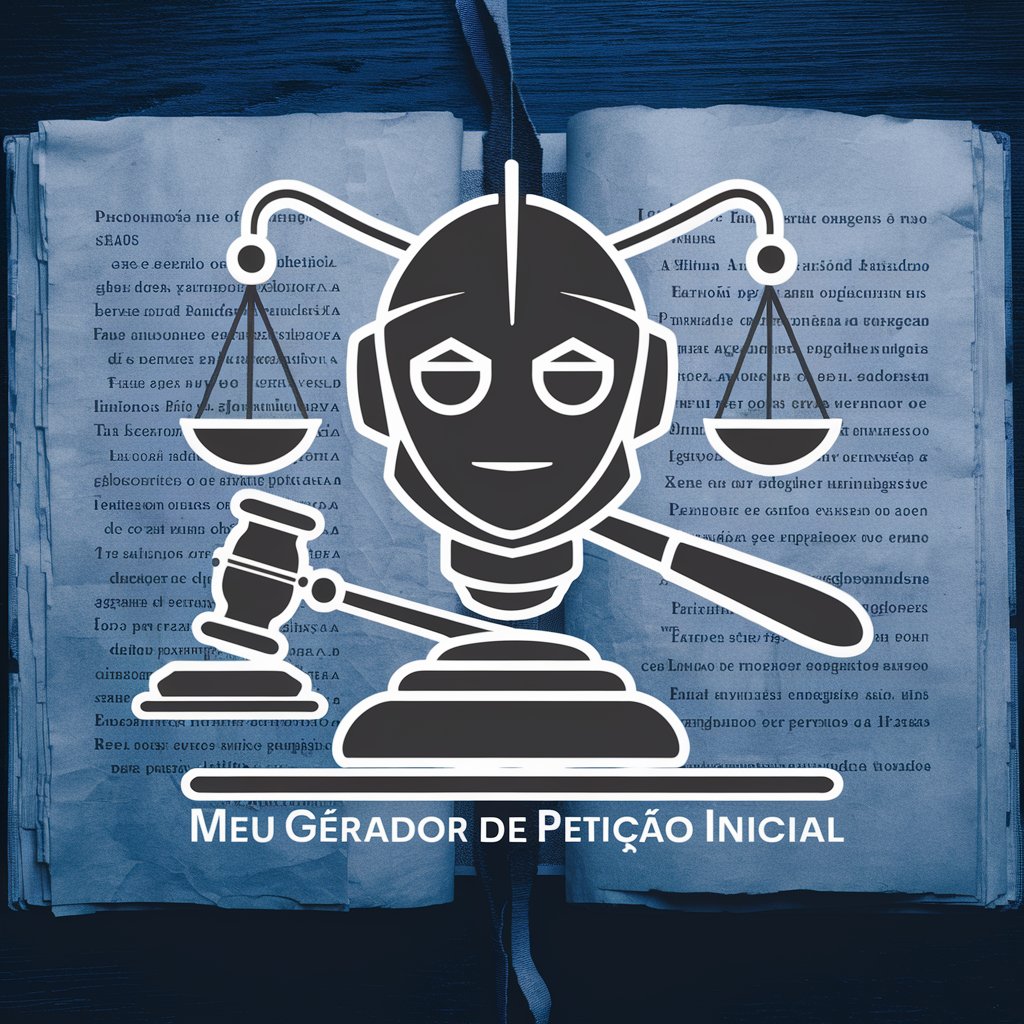
Law & Order
Empowering Legal Decisions with AI
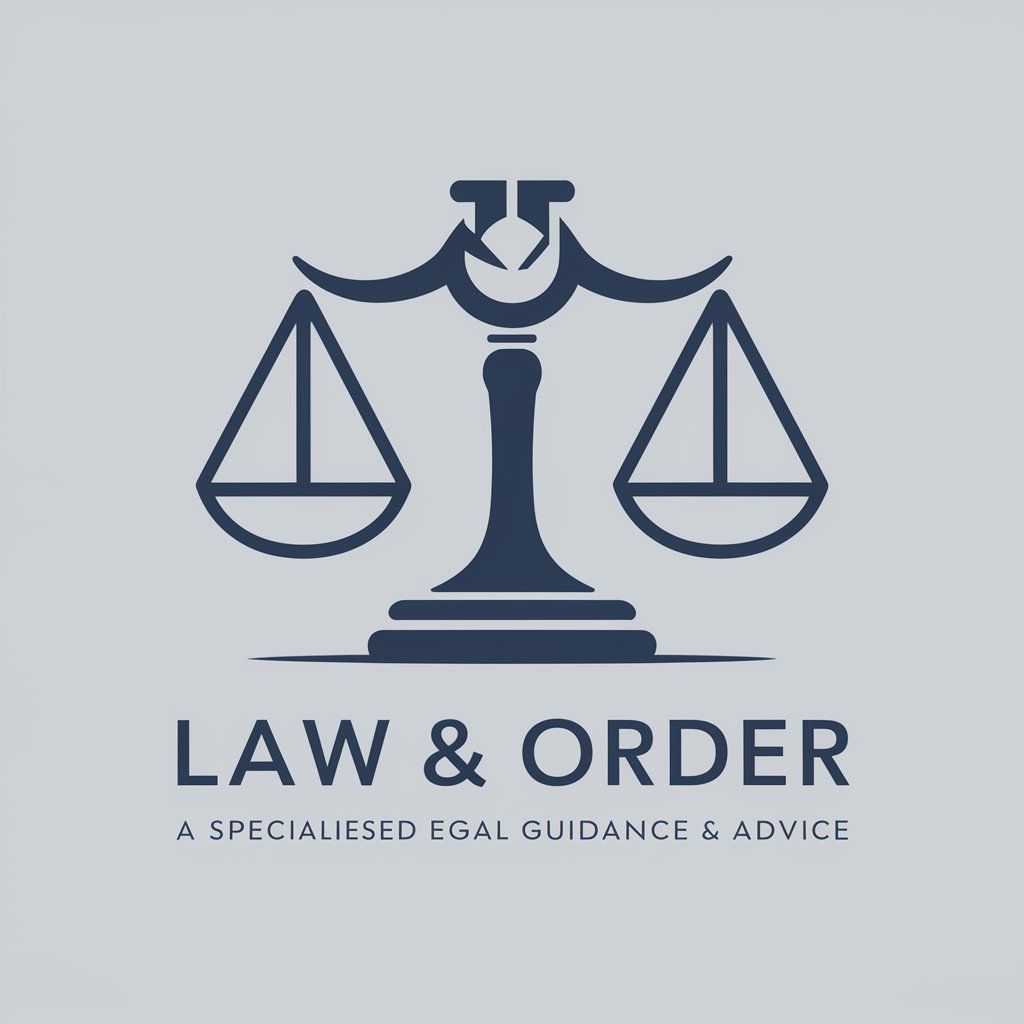
Contracter.ai
Simplifying Legal Contracts with AI
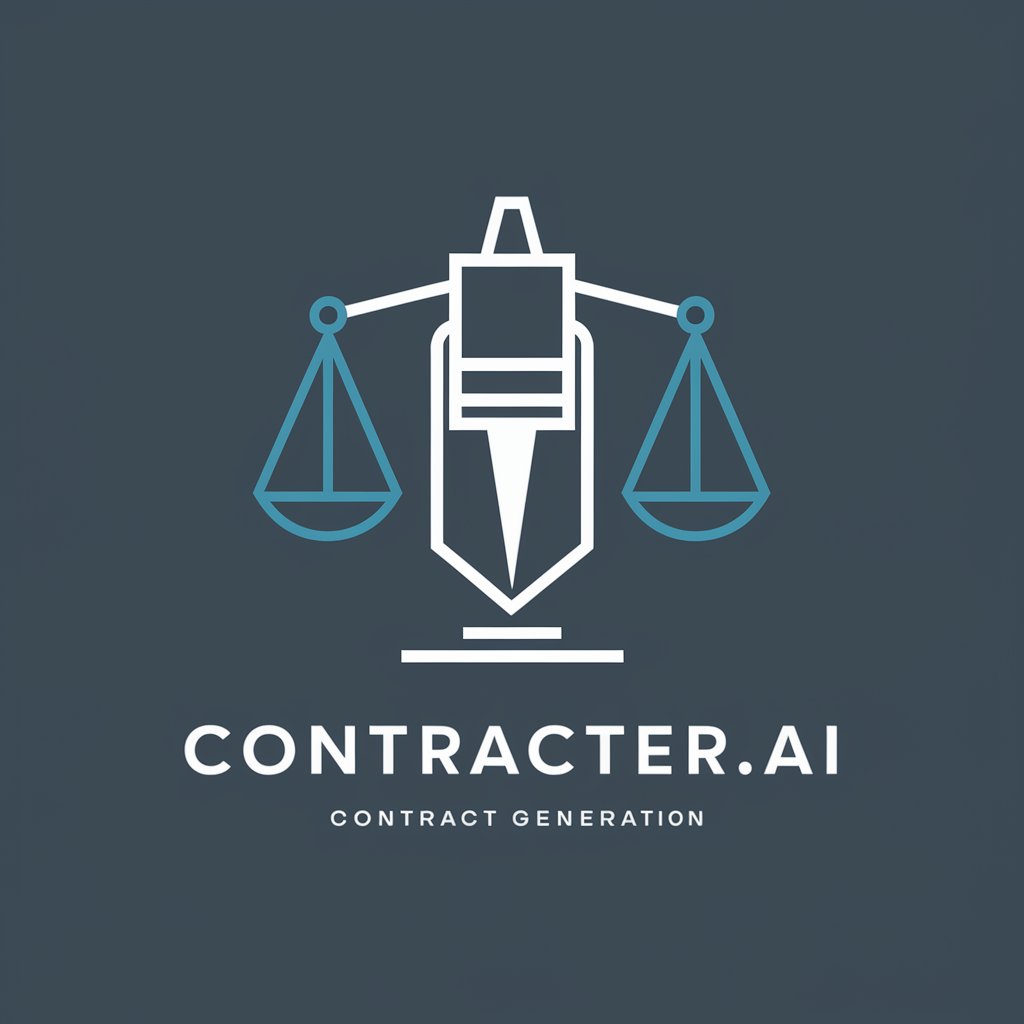
Lex
Empowering Legal Minds with AI
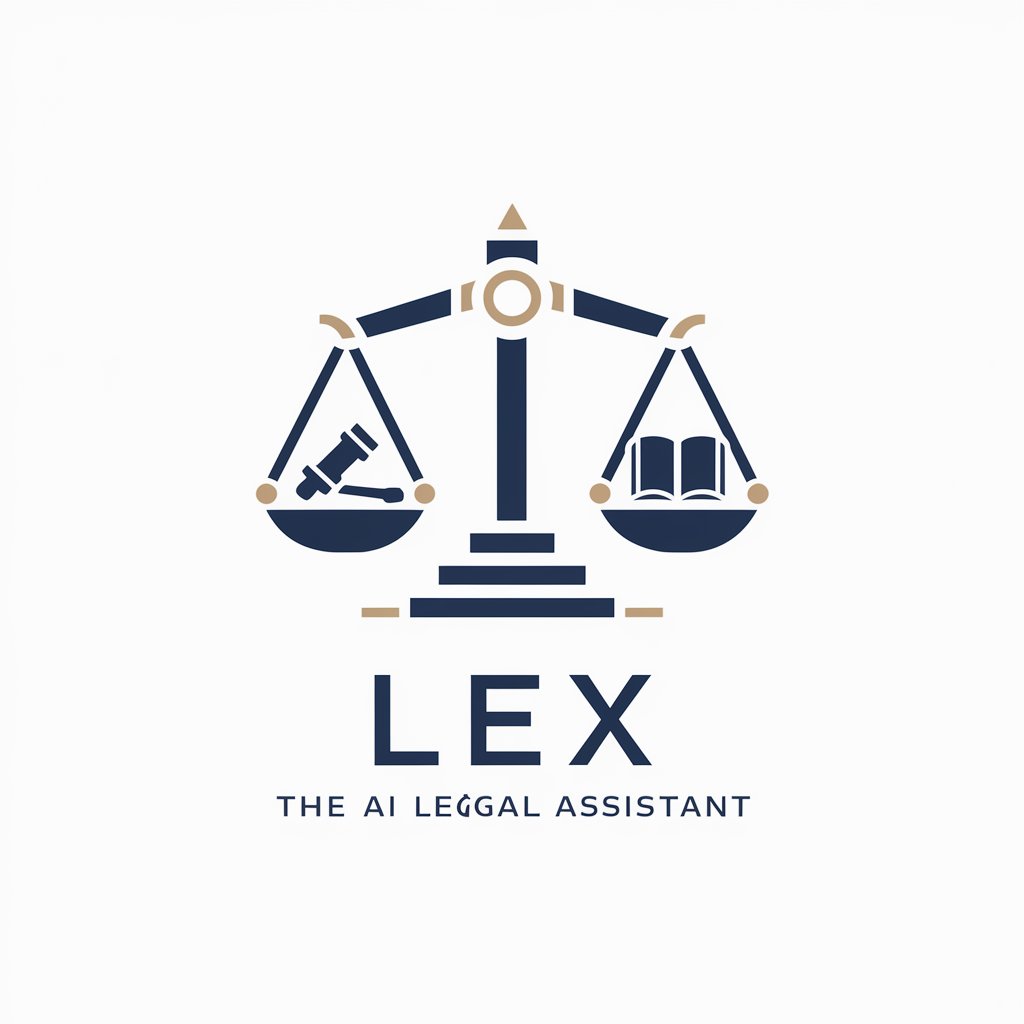
Lawyer Named Tech
Empowering Legal Decisions with AI Insight
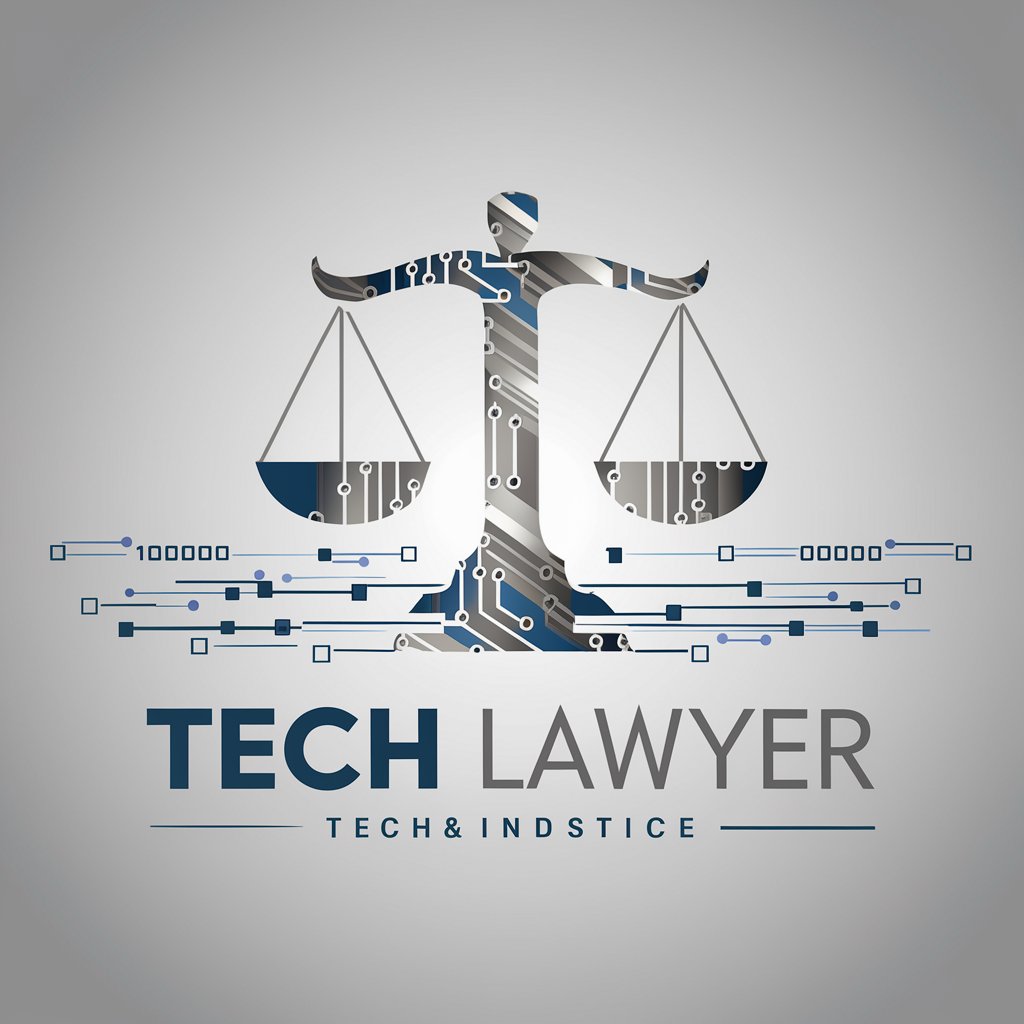
Joseph /Legal
Empowering Legal Insight with AI
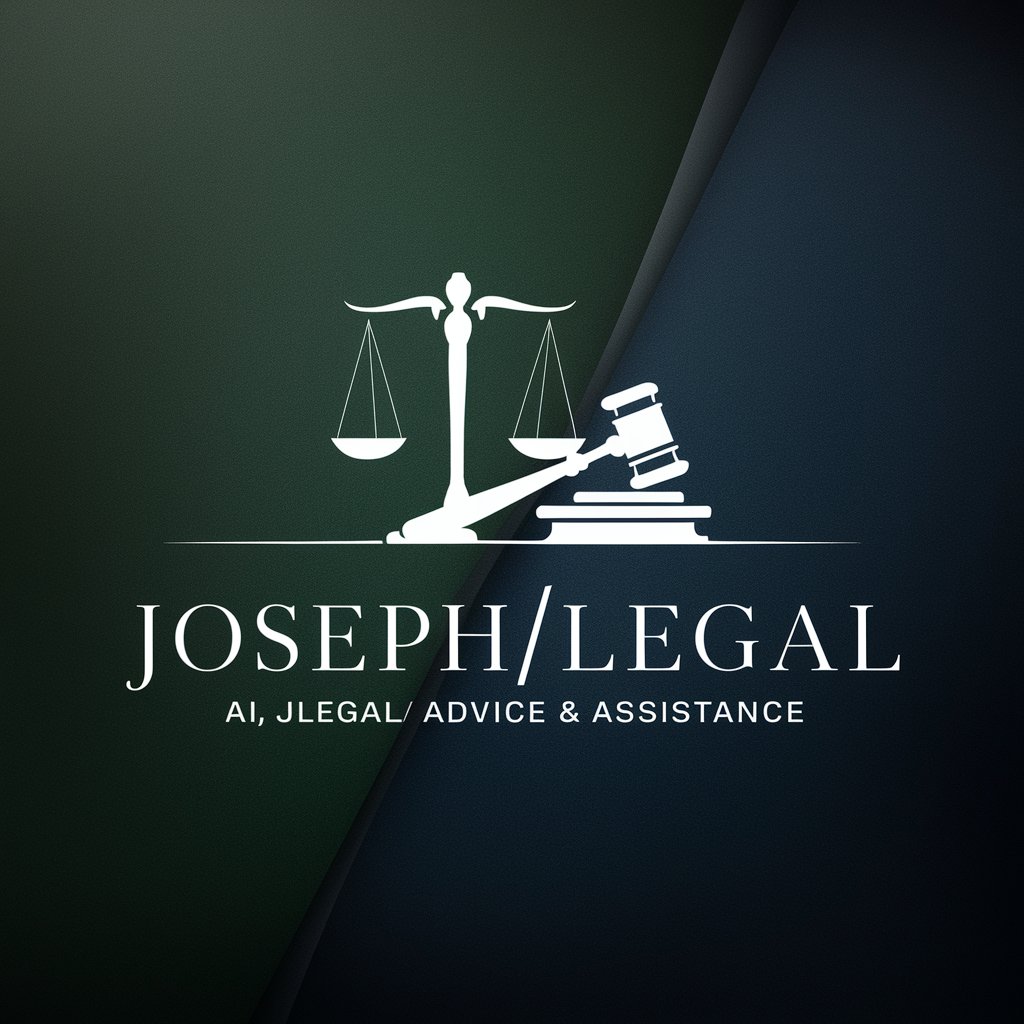
Legal Eagle By Jagvir Bains
Empowering Legal Solutions with AI
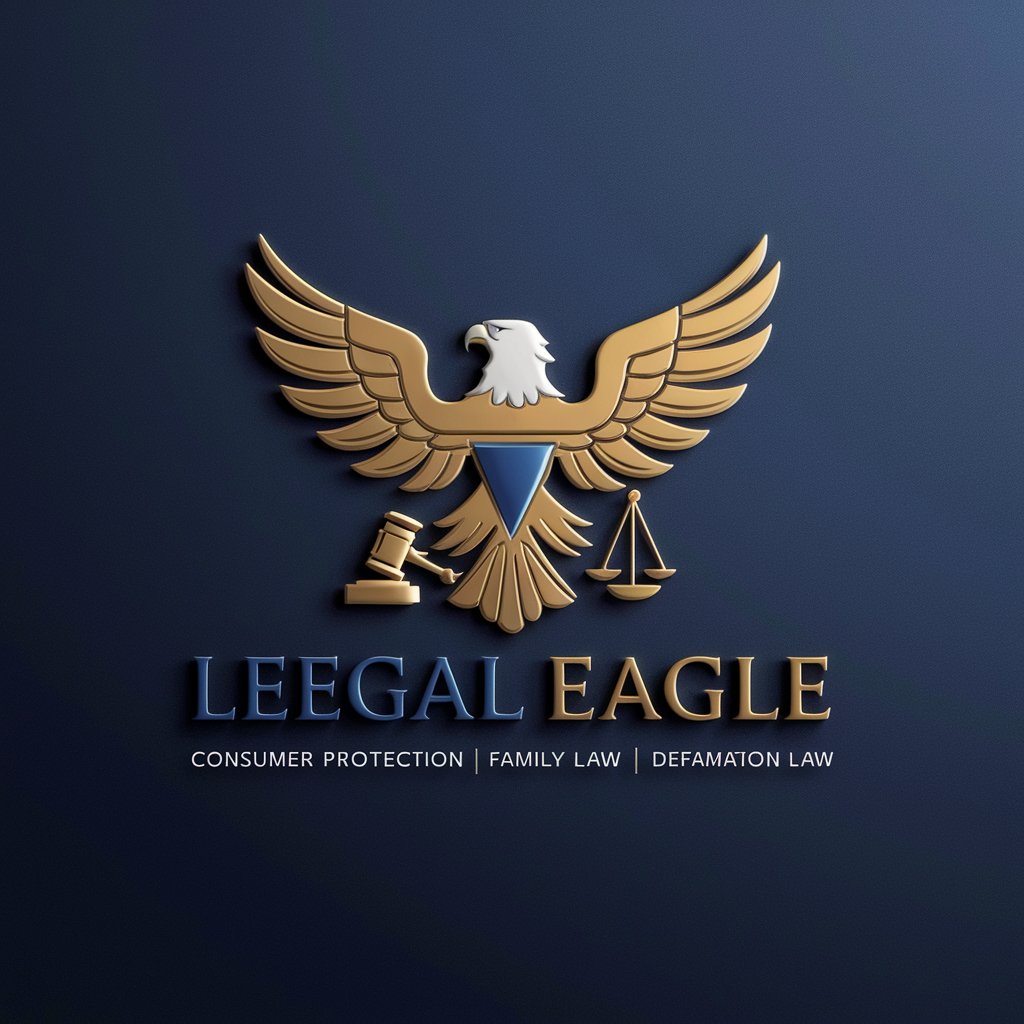
🧠 IP Strategy Wizard GPT 📚
AI-powered Intellectual Property Guidance

No Traffic Fines
AI-Powered Traffic Fine Dispute Assistance
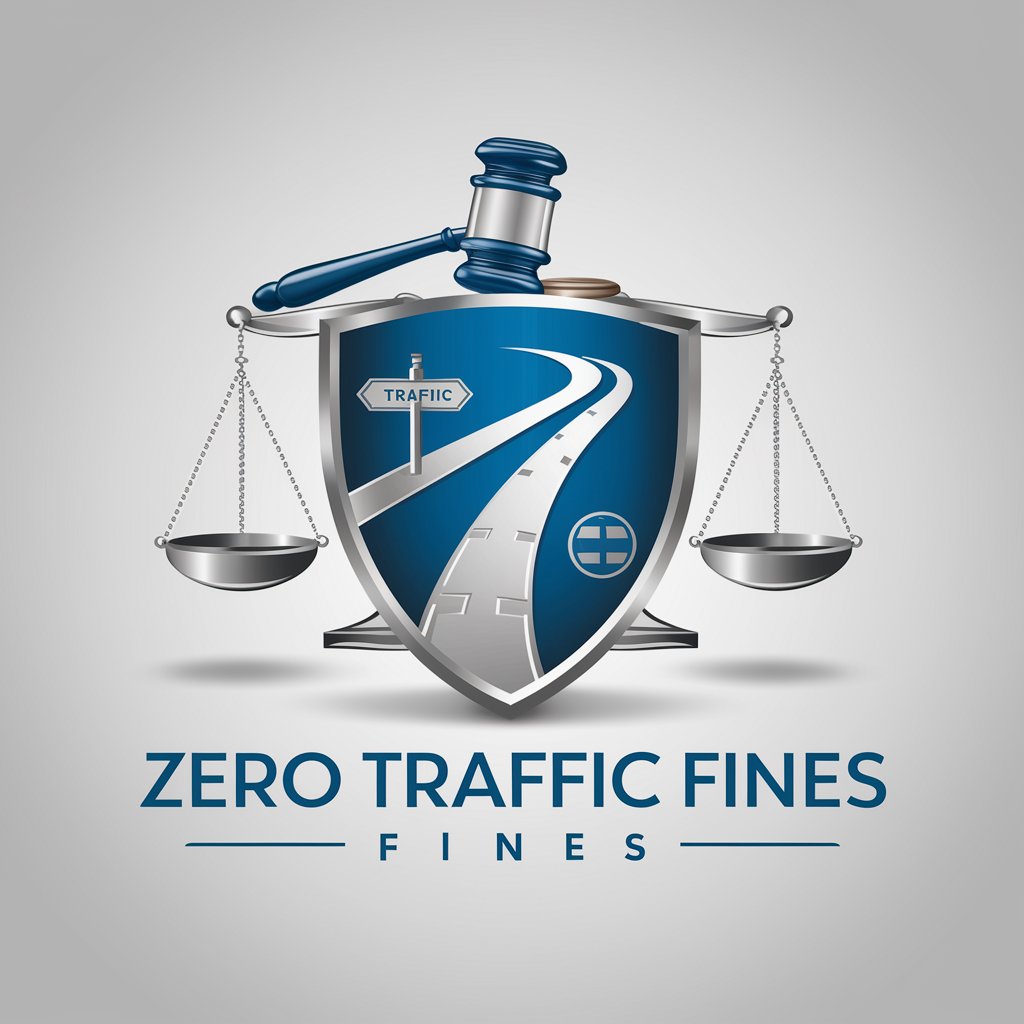
Demand Letter For Payment Free Custom GPT Prompt
AI-powered Demand Letter Drafting

Key Attributes of Legal AI GPTs
These GPT tools are characterized by their adaptability, allowing them to handle tasks ranging from drafting basic legal correspondence to complex contract generation. Key features include advanced language comprehension, context-aware text generation, and the ability to learn from legal texts. They also offer technical support, data analysis capabilities, and may include functionalities like web searching and image creation, adding versatility to their legal applications.
Intended Users of Legal AI GPTs
AI GPTs for Legal Document Drafting cater to a diverse audience, including legal professionals, law students, paralegals, and even individuals with minimal legal or coding experience. These tools are user-friendly for non-technical users, while offering programming interfaces for customization and advanced use by developers and IT professionals in the legal field.
Try Our other AI GPTs tools for Free
Taxation Consultancy
Discover AI GPT tools for Taxation Consultancy - your expert guide for tailored tax advice, efficient tax preparation, and comprehensive tax solutions.
Business Law Advising
Revolutionize your business law advising with AI GPTs: efficient, customizable, and user-friendly tools for legal expertise at your fingertips.
Contractual Analysis
Explore the world of AI GPTs for Contractual Analysis – your AI-powered assistant for navigating complex legal contracts with ease, precision, and adaptability.
Legal Educational Resource
Discover how AI GPTs revolutionize legal education and practice, offering adaptable, user-friendly tools for comprehensive legal research, case analysis, and interactive learning.
Conversational Skill Enhancement
Discover AI GPTs for Conversational Skill Enhancement: versatile AI tools designed to refine communication skills, adaptable for diverse conversational needs and accessible to all.
Exam Preparation Support
Discover AI GPTs for Exam Preparation: innovative tools transforming studying with personalized learning, technical support, and versatile functionalities. Perfect for students and professionals.
Broader Applications and Benefits in Legal Sectors
AI GPTs in the legal sector offer more than just drafting; they enhance research, data analysis, and decision-making processes. Their integration into existing systems streamlines workflows, and their user-friendly interfaces make them accessible to a broad range of users. These tools also continuously learn and adapt, improving efficiency and accuracy in legal tasks over time.
Frequently Asked Questions
What is the primary function of AI GPTs in legal document drafting?
AI GPTs primarily assist in generating, editing, and customizing legal documents, leveraging their natural language processing abilities for accuracy and context relevance.
Can non-technical users easily operate these AI GPT tools?
Yes, these tools are designed with user-friendly interfaces that make them accessible to non-technical users, such as legal professionals without coding skills.
Are there customization options for technical users?
Absolutely, technical users can utilize programming interfaces to customize and integrate these tools into more complex workflows or systems.
Do these tools support different types of legal documents?
Yes, AI GPTs for Legal Document Drafting are adaptable to various types of legal documents, from contracts to legal notices.
How do these tools ensure the accuracy of legal content?
These tools are trained on a wide range of legal texts and use sophisticated algorithms to ensure the accuracy and relevance of the content they generate.
Can AI GPTs adapt to specific legal jurisdictions or regions?
Yes, they can be trained or configured to understand and apply the nuances of legal language specific to different jurisdictions or regions.
Is it possible to integrate these AI tools with existing legal software?
Yes, many AI GPT tools for legal drafting are designed to be compatible with existing legal management software, allowing for seamless integration.
Do these AI tools offer any data analysis capabilities?
Yes, apart from drafting, some of these tools also provide data analysis features, aiding in legal research and decision-making.